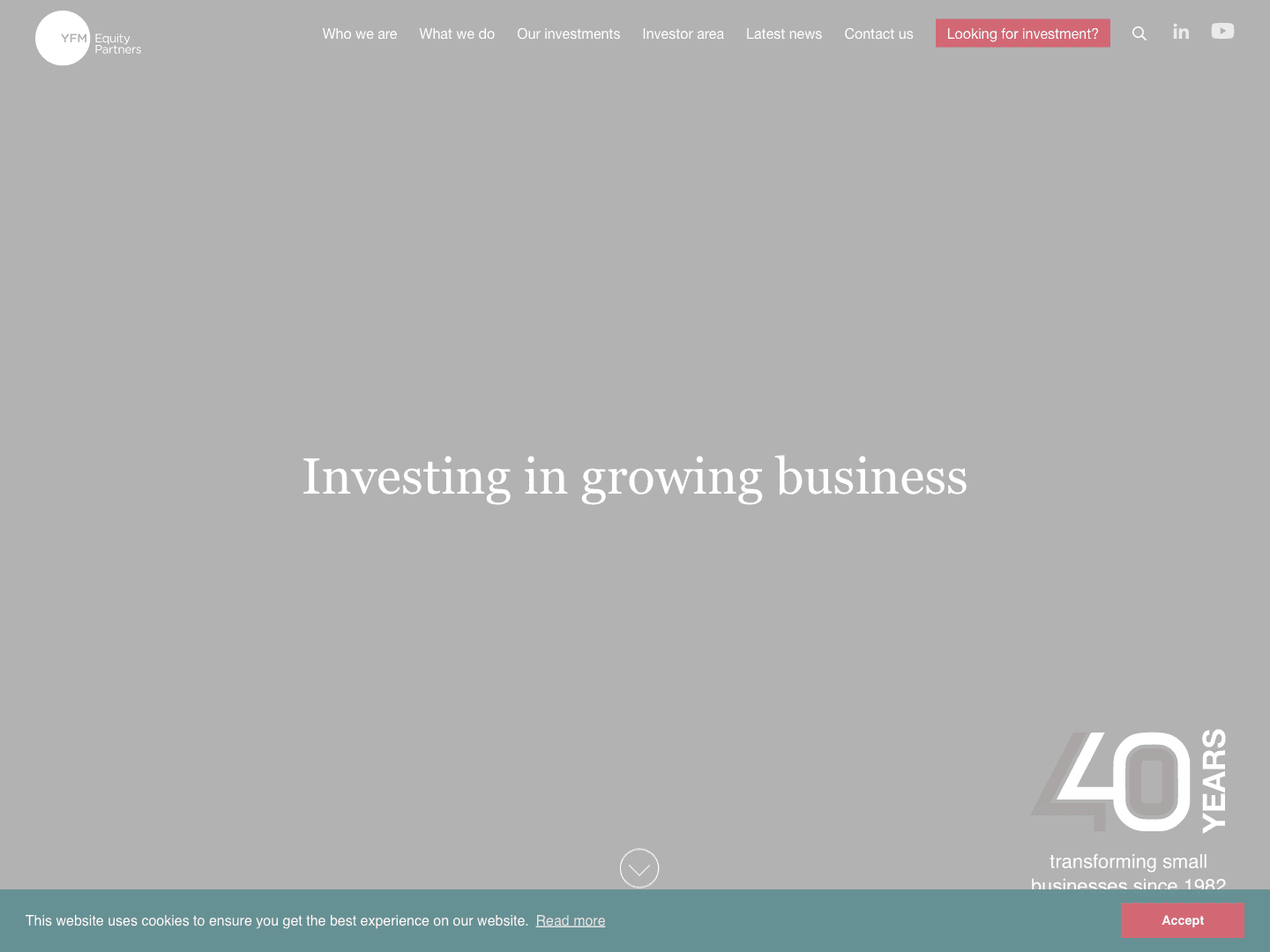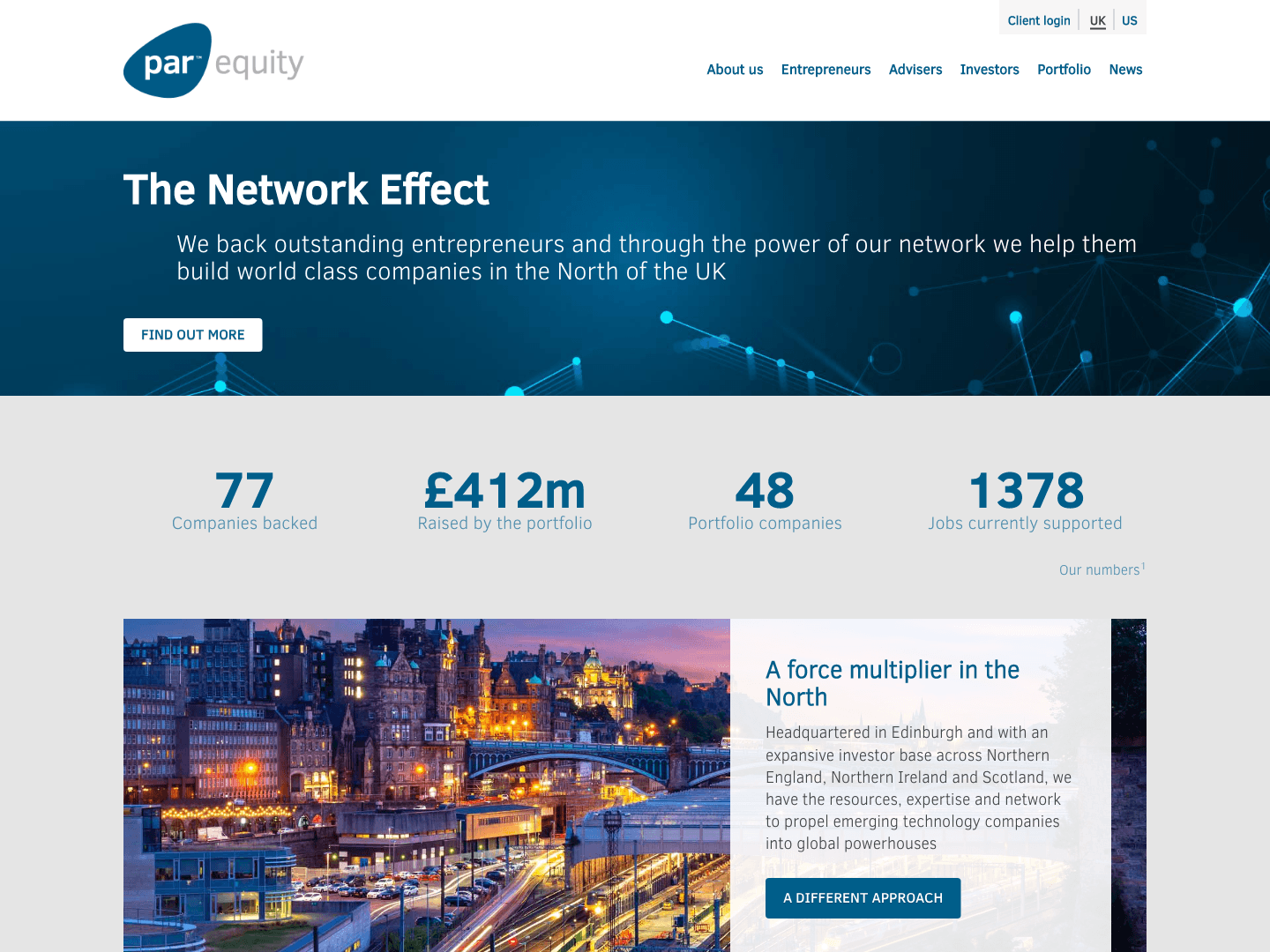EV charging software firm Fuuse secures £6m led by YFM Equity Partners and Par Equity
This article covers a £6m funding round on 13 October 2025 for Fuuse, a Lancaster-based software platform that helps organisations optimise and manage EV charging infrastructure, founded by Deeyah Khan and Michael Gibson. The £6m round was led by YFM Equity Partners with Par Equity.
What does Fuuse do?
Fuuse is a software platform that manages and monitors EV charging infrastructure for businesses and public operators. It optimises charging schedules, energy use and payments while providing centralised remote control and driver support.
Why is Fuuse useful?
Problem
Businesses face growing complexity in deploying and managing EV charging networks across sites and countries. They struggle with inefficient charging schedules, unreliable station uptime, and high customer support demand.
Solution
Fuuse explains that it provides a software platform that optimises and manages EV charging networks and operations. The platform schedules charging, monitors uptime, and offers integrated driver support and remote management tools.
How much did Fuuse raise?
Fuuse raised £6m in a funding round led by YFM Equity Partners and Par Equity. This makes it the 9th largest funding round in October 2025 (30 recorded). As of 13 October 2025, the round is the 203rd largest of the year (502 total) in the Startupmag database.
For details on how Startupmag compiles its rankings, view our Methodology.
Who invested in Fuuse?
The key investors in this funding are the following:
- YFM Equity Partners: A UK private equity firm investing in growth-stage small and medium-sized enterprises across a range of sectors. YFM first invested in Fuuse in 2024.
- Par Equity: A UK private equity investor that focuses on lower mid-market and growth buyout opportunities in British companies across various industries.
In the funding announcement, Jonathan Marlow from YFM Equity Partners said:
Fuuse continues to go from strength to strength. The team has built a scalable platform that’s helping shape the future of EV charging infrastructure in the UK and beyond.
The investor added that the follow-on investment reflects continued confidence in the business and its leadership as they deliver on their mission to make EV charging smarter, more efficient, and more accessible.
If you're researching potential backers in this space:
- Explore our list of energy venture capital firms in the UK
- Browse our directory of energy angel investors in the UK
Who founded Fuuse?
The founders of Fuuse are Deeyah Khan and Michael Gibson.
Where is Fuuse based?
Fuuse is based in Lancaster, UK.
What sector is Fuuse in?
Fuuse operates in the Energy sector. The sector covers producing, distributing and using power and fuel.
Key trends and challenges in Energy:
Rapid electrification and EV charging demand
Electric vehicle numbers are rising fast.
The UK plans to end new petrol and diesel car sales by 2030.
Grid capacity and renewable integration
More wind and solar need balancing, storage, and smart charging to avoid evening demand peaks and outages.
Customer experience and fragmented charging networks
Drivers encounter unreliable chargers and different payment apps, which reduces confidence and slows EV adoption.
For a deeper look at innovation in this space, see the energy startups in the UK.
They've invested in Fuuse
Get to know these energy investors
Click here for a full list of 7,233+ startup investors in the UK


